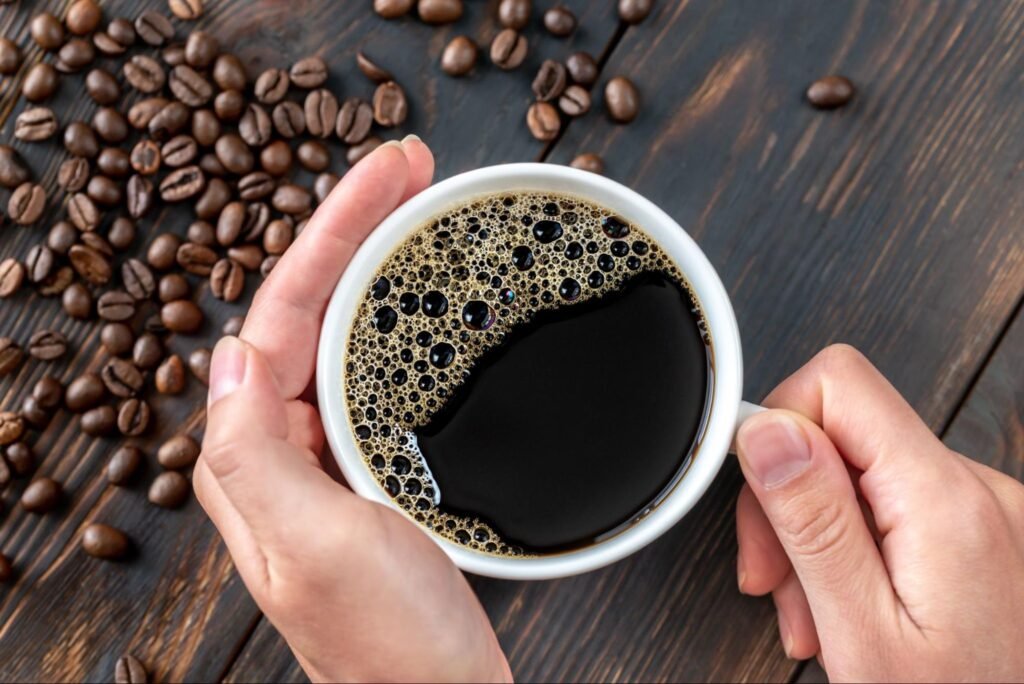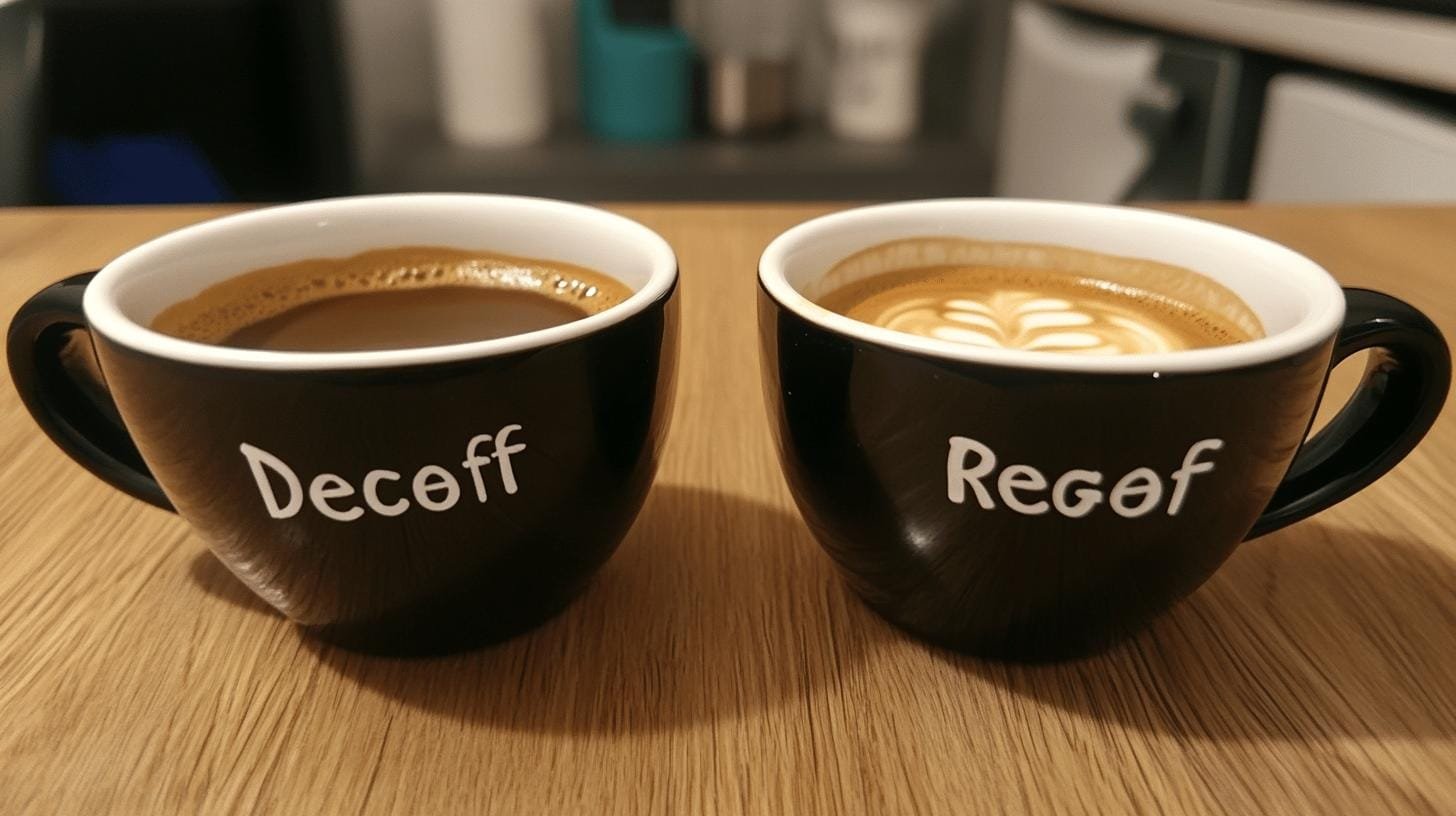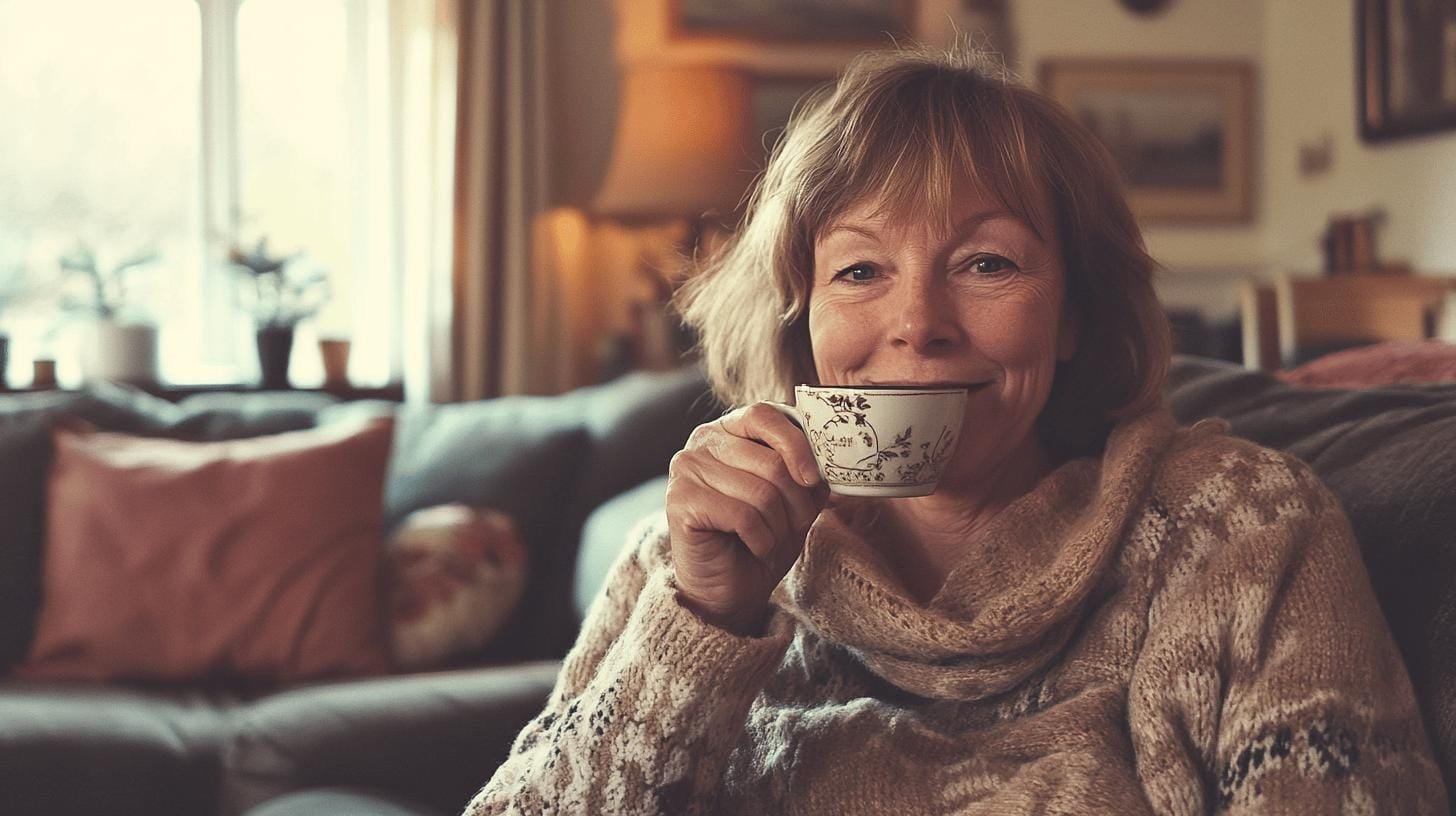
Emerging Approaches Redefining Craft-Focused Customer Experiences
Craft-focused small businesses have always relied on care, precision, and sourcing to stand out. What’s changing now is how those values are shown, not just

Is decaf espresso truly caffeine-free, or is this popular belief misleading? While many assume that “decaf” means zero caffeine, the truth is more nuanced. An ounce of decaf espresso actually contains 3mg to 15mg of caffeine, a detail that often surprises even seasoned coffee enthusiasts. Grasping the amount of caffeine in decaf espresso is crucial not only for those sensitive to caffeine but also for anyone seeking to enjoy the richness of espresso without the jittery side effects. This article unveils intriguing details about decaf espresso’s caffeine profile.
Decaf espresso can have between 3mg to 15mg of caffeine per 1oz serving. This varies due to factors like the type of coffee bean, how it’s decaffeinated, and the brewing method. While labeled “decaf,” it’s important to know that it isn’t completely caffeine-free. Typically, about 3% of the original caffeine remains. This small amount is usually enough for those wanting to cut caffeine but still enjoy espresso’s rich taste.
When comparing decaf espresso to regular coffee and decaf coffee, there are noticeable differences. Regular coffee contains about 95mg per 8oz serving, much more than its decaf version with around 6mg to 6.6mg per 8oz. Regular espresso, with a more intense caffeine kick, surpasses the amount of caffeine in decaf espresso. It’s important for those sensitive to caffeine to understand these differences.
Understanding the amount of caffeine in decaf espresso helps individuals make better choices for their diet and lifestyle. This awareness ensures coffee enjoyment doesn’t negatively impact health or well-being.

Regular espresso, a favorite among caffeine lovers, typically contains 63mg to 126mg of caffeine per 1oz shot. This high concentration is due to the espresso brewing process extracting significant caffeine in a small volume, appealing to those wanting a quick, strong caffeine boost. Its robust flavor and caffeine concentration set regular espresso apart.
In contrast, decaf espresso has much less caffeine, ranging from 3mg to 15mg per 1oz serving. Various decaffeination methods reduce, but don’t eliminate, the caffeine. This difference makes decaf espresso ideal for those who want espresso’s rich taste without high caffeine effects. While regular espresso offers intense caffeine, decaf provides a relaxed experience for flexible consumption.
Reasons to choose decaf over regular espresso:
High caffeine intake can cause insomnia, increased heart rate, or anxiety for some. Decaf espresso lets individuals enjoy coffee while minimizing caffeine risks. This informed choice supports a balanced lifestyle, fitting personal caffeine tolerance and dietary needs.
Decaffeination processes impact caffeine levels in coffee, achieving varying degrees of caffeine removal. The Swiss Water process is known for being chemical-free, removing 99.9% of caffeine using water and osmosis while preserving coffee’s flavor. It’s preferred by those seeking a purer decaf experience.
Methylene chloride, another method, uses a solvent to strip caffeine, resulting in 96-97% caffeine removal. While effective, it raises concerns about chemical residues. The CO2 process uses carbon dioxide under high pressure to target caffeine without altering flavor, offering a middle-ground solution focused on taste and caffeine reduction.
Decaf coffee, processed through these methods, is considered safe and offers health benefits. It helps reduce caffeine-related issues like anxiety, insomnia, and heart palpitations, crucial for sensitive individuals or those with health concerns.
Though not caffeine-free, decaf coffee offers a way to enjoy coffee with little caffeine, contributing to a balanced lifestyle.

Decaf espresso offers health benefits due to its lower caffeine content. For those sensitive to caffeine or wanting to limit intake, decaf is an option to enjoy espresso without the stimulation of regular espresso. With 3mg to 15mg per 1oz serving, decaf lets you savor espresso flavors while keeping caffeine intake below 400mg per day. It’s ideal for afternoon or evening consumption without affecting sleep.
Decaf coffee has potential side effects, though minimal. Sensitive individuals might experience mild symptoms due to residual caffeine, like restlessness or slight insomnia. Some decaffeination methods involve chemicals, raising concerns about traces in the final product. The chemical-free Swiss Water process counters these issues by prioritizing safety and flavor. Knowing these factors helps individuals make informed coffee choices.
Home-roasting coffee beans allows control over the roasting process, ensuring freshness that often surpasses commercial brands. By buying green beans and roasting them at home, enthusiasts can tailor the roast level, impacting flavor and aroma in decaf espresso. This precision preserves coffee’s natural qualities, leading to a superior, customized taste.
Compared to popular decaf brands, home-roasted beans offer better quality and taste. Big brands rely on mass production, risking freshness and resulting in generic flavors. Home-roasted beans, roasted in small batches, maintain peak freshness, ensuring each cup is rich and flavorful. This freshness enhances the experience, offering a vibrant and nuanced taste that big brands can’t replicate.
Exploring the nuances of decaf espresso reveals significant insights into caffeine content and its effects. Understanding the amount of caffeine in decaf espresso helps individuals choose wisely based on caffeine sensitivity and health considerations. While decaf options provide reduced caffeine levels, they are not entirely devoid of caffeine.
Home-roasting stands out as a method to enhance coffee quality, offering an alternative to commercial decaf brands. Armed with this information, coffee enthusiasts can make informed decisions and enjoy a balanced coffee experience tailored to their needs and preferences.
Decaf espresso contains 3-15mg of caffeine per 1oz, while regular espresso can have about 63mg per 1oz. Regular coffee contains approximately 95mg in an 8oz cup, much more than decaf espresso.
A single shot of decaf espresso at Starbucks typically has 3-15mg of caffeine. This amount varies depending on the coffee bean and decaffeination process used.
The decaf espresso with the least caffeine often results from the Swiss Water Process, which removes 99.9% of caffeine. The effectiveness may vary based on the specific brand and process accuracy.
Decaffeinated coffee can cause side effects similar to regular coffee if consumed in large amounts, including digestive discomfort. Individuals with caffeine sensitivity should be cautious even with decaf options.
Decaffeination impacts caffeine content by removing caffeine through processes like Swiss Water, which achieves 99.9% removal, or methylene chloride, removing 96-97%. These methods differ in chemical involvement and caffeine removal effectiveness.

Craft-focused small businesses have always relied on care, precision, and sourcing to stand out. What’s changing now is how those values are shown, not just

How can brands create a more balanced and memorable customer experience by blending artisanal product quality with thoughtful everyday rituals that keep people coming back?

Independent coffee shops have always been about more than caffeine—they’re hubs of creativity, connection, and care. As café culture continues to evolve, new trends are

Introduction Independent cafes win when they feel like the neighborhood’s living room and operate with the discipline of a great kitchen. Below is a quick

Discover how top specialty coffee brands create lasting loyalty through storytelling, sourcing, and community connection. Real tips from 6 industry experts.

Discover the ultimate showdown between two beloved coffee brewing methods: the French press and Chemex. Explore how each technique caters to distinct palates, with the French press delivering bold flavors and the Chemex presenting a bright, clean taste.

Unlock the secrets to brewing the perfect cup of coffee with our comprehensive guide on using a coffee scale. Discover how precise measurements enhance flavor and consistency while eliminating bitterness.

Discover how water temperature plays a vital role in brewing the perfect cup of coffee. This article delves into the ideal temperature range of 195°F to 205°F for optimal flavor extraction, enhancing the enjoyment of high-quality beans.

Discover the world of curated specialty coffee bundles, perfect for enthusiasts seeking quality and craftsmanship. This article explores the benefits of ethically sourced, small-batch beans from brands like Equipoise Coffee, offering diverse flavor profiles that elevate your brewing experience.